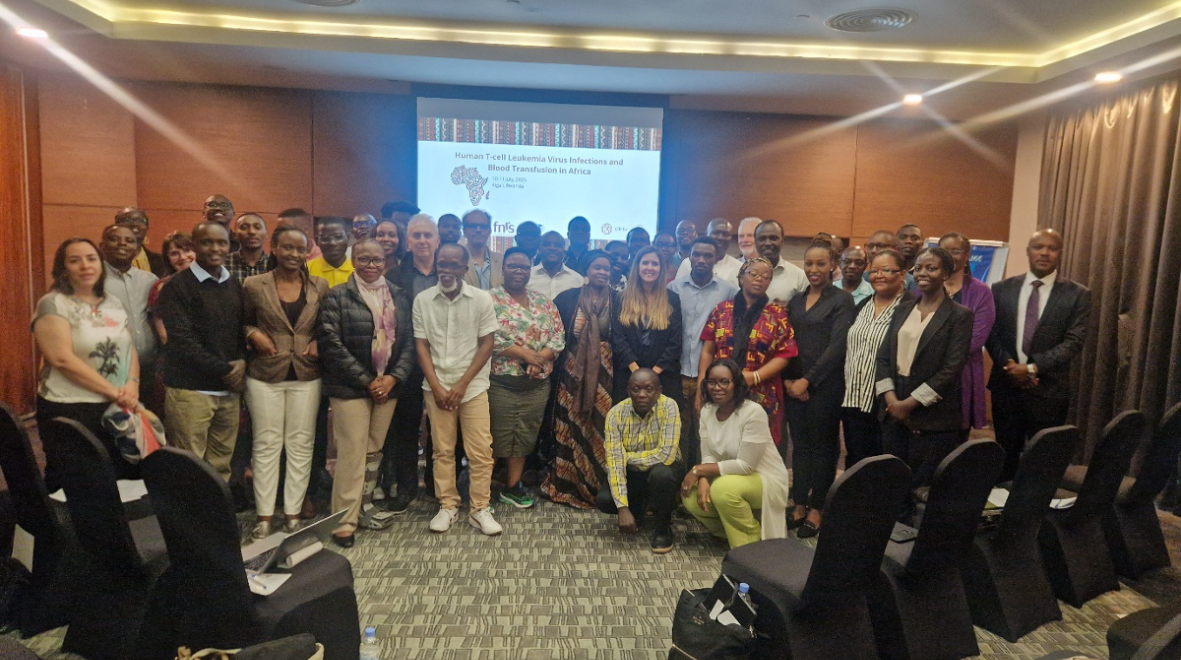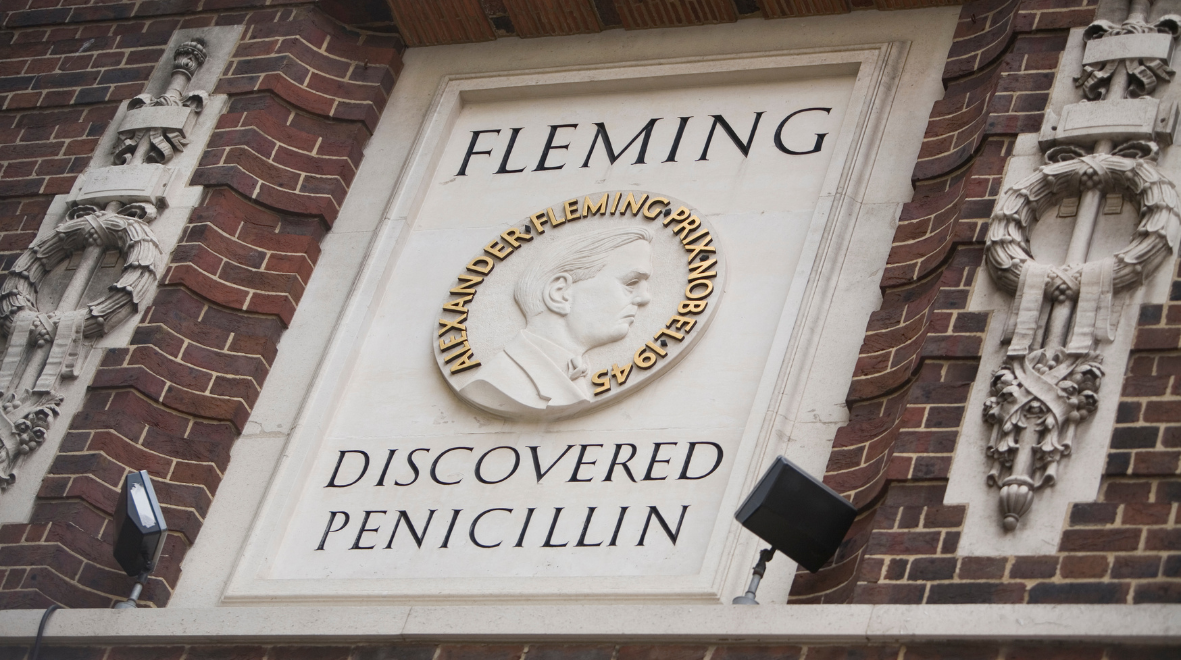
A new national centre is set to change how we study the human gut. Dr Tamas Korcsmaros, Associate Professor in Intestinal Epithelial Systems, and Dr Lejla Gul, Research Fellow in Host-microbe interactions, introduce the Centre for Intestinal Systems (CIS), a hub dedicated to advancing human-relevant gut research. They explore why the gut matters, how new technologies are reshaping the field, and how CIS aims to connect researchers and innovators to improve patient outcomes.
Imperial has officially launched the Centre for Intestinal Systems (CIS), an interdisciplinary research hub focused on understanding the human gut and microbiome, and how they influence health and disease.
The Centre was launched on 12 January at Imperial’s White City Campus, with a full-day event bringing together nearly 150 researchers, clinicians, industry partners and funders. The mix of backgrounds and expertise reflected the ambition behind CIS: to connect those working on the gut biology and technology, and to accelerate research that is truly relevant to patients.








